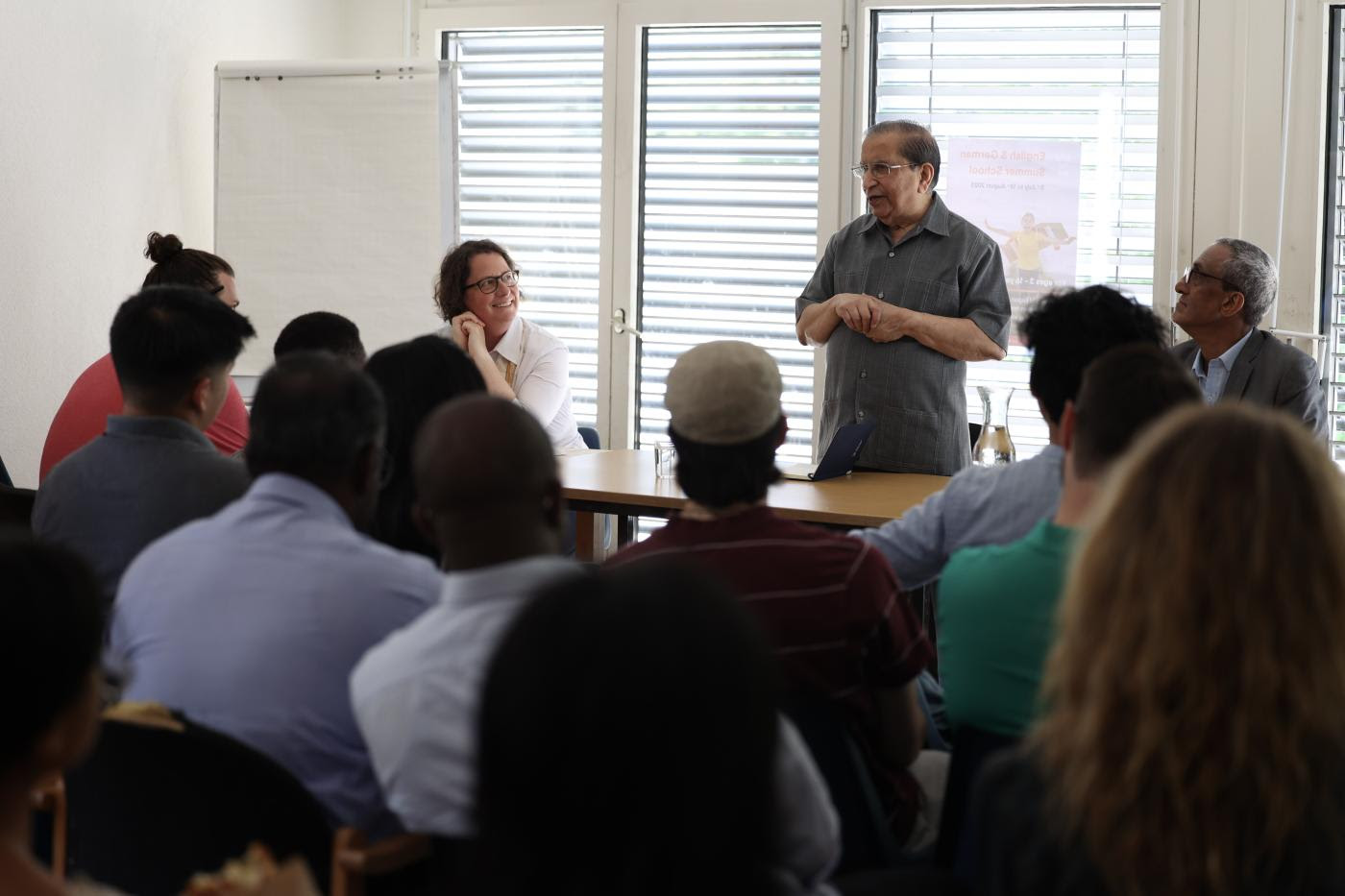Guest speakers Rev. Dr Wesley Ariarajah and Dr Jesudas Athyal highlighted the role of the Asian region in developing ecumenism and the particular gifts and challenges of this region. With half the living faiths of the world having originated from South Asia and other prominent living faiths practised in the region since its inception, other regions can build on the legacy of Asian ecumenism for Christian witness in a pluralistic world. Ariarajah highlighted that the acceptance of plurality, openness, and willingness to listen and accept others in their otherness is at the heart of ecumenism but also of interreligious dialogue. He challenged participants to critically review early Christian missionary tradition, which often required a rejection of name, culture, and previous traditions from converts. He emphasized that growth in ecumenism comes through meeting in dialogues, conferences, and events: people meeting people and listening, talking, and changing. Athyal focused on the Indian ecumenical movement as a product of India’s spirit of independence and self-rule in the movement toward nationalism and independence. He noted that the ecumenical movement in Asia could be seen as a protest movement against colonialism. He highlighted the close connection between unity in the church and unity in society and the way in which the Asian church redefined the core of the ecumenical movement. He identified the rich contribution from the region of dialogue as an interfaith methodology and raised a concern about religious majoritarianism putting minority communities – whether Christian or Muslim —in danger. In a wide-ranging and lively discussion involving many young people who are in Geneva for the WCC stewards programme, participants explored the challenges and opportunities for rethinking Christianity in a pluralistic world in contrast to the colonialist past. Prof. Rev. Dr Simone Sinn, the academic dean at the Ecumenical Institute at Bossey, who facilitated the discussion, reminded participants of the importance of triple dialogue: dialogue with other religions, dialogue with cultures, and dialogue with the poor.
Learn more about interreligious dialogue and cooperation | 


No comments:
Post a Comment